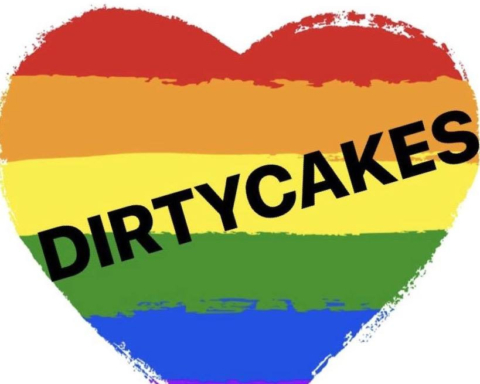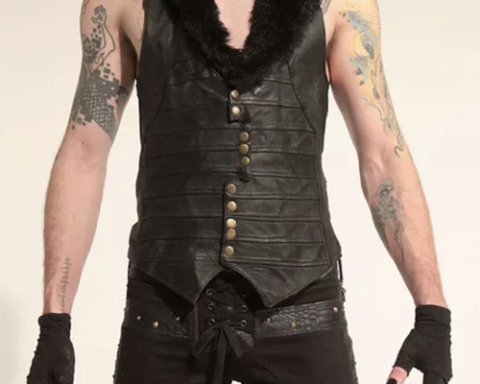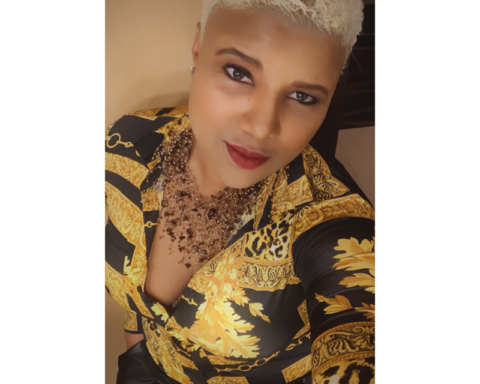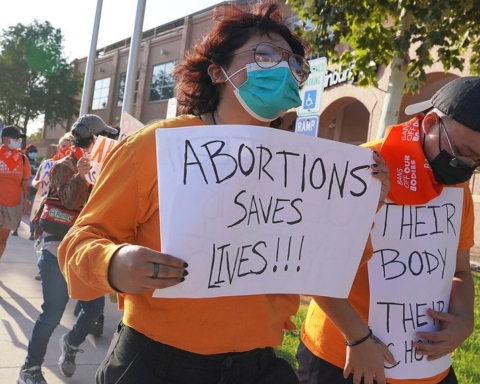It’s 4pm and time for a shift change. My restaurant manager, Norman, sidles up to the waiter that’s just walked in to take over from me. Eric is on night shift tonight. Eric is openly gay.
For some reason Norman is fascinated by gay men. He brags about wine dealers that flirt with him, and always makes a point of just how cool he is with it all. His fascination reminds me of a child peeking through a parent’s fingers to look at something they’re not supposed to see. His enthusiasm reminds me of the sensational stories they’d tell their classmates about it on the playground afterwards. I’m weary of Norman. I’m not out to Norman.
“So it’s Pride this Saturday,” he says to Eric.
“Yeah, I heard.”
“Are you going to be out there dancing on the floats?”
“Oh god, no! I’m not that kind of gay.”
Not that kind of gay?
I knew what Eric meant by the remark. He meant he’s not the shirt-off-with-rainbow-face-
The comment makes me sad. He isn’t the only queer person I’ve heard talk about Pride with such disdain. The way I see it, marching at Pride is not just a gift, but every queer person’s duty.
•
I’m on Kelly and Janine’s couch. Juno, their fur-baby, is biting my shoelaces and drooling on my trousers. The rest of the Naked Girls Reading cast is leafing through their stories, legs crossed at the knee. We’re rehearsing our Queerly Beloved show for Pride. Janine is leaning on the counter chatting idly. Kelly has a fresh undercut. Laila mentions her girlfriend. We discuss ceramic vagina sculptures.
We are very queer.
Out in the street, any one of us might get a look. The kind of dirty look my girlfriend gets when she holds my hand at the supermarket. It’s a disbelieving look. A you-can’t-possibly-be-a-woman look. A why-aren’t-you-more-ashamed look.
It’s disgust.
I look from face to face. Between the five of us in the intimacy of this couple’s flat, there isn’t a single one alike, but each of us, in our own way, veers from the heteronormative norm. For a moment, I see us the way the seething onlookers at the supermarket might see us. I see the female masculinity. The shaven heads. The ways in which we live up to people’s stereotypical expectations.
I blink.
We’re not in the supermarket. We’re in a soft living room. We’re space makers.
When queer people sit together in a room, we make quiet space for each other. Our gender-bending and haircuts, our girlfriends and fur-babies, our double beds and love notes on the fridge create, not so much a myriad of new norms, as a myriad of possibilities for each other.
When queer people march together in the streets, we are a celebration. When we dance in the streets, it isn’t the bump and grind of a dark queer club – it is our bodies singing in the face of the seething onlookers that glare from car windows and brood from the sidewalk.
It is a collective loving of the hand holding, and kissing, and sashaying that can be so hard to do alone.
•
The only reason we can march and dance in the streets today is because queers before us fought for it to be possible. When I march for Pride every year, I honour that hard earned right, and I do it in the knowledge that me being there creates space for others in ways I can’t even fathom.






